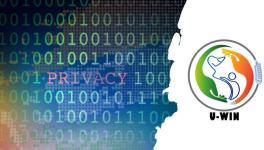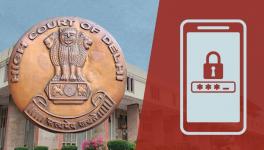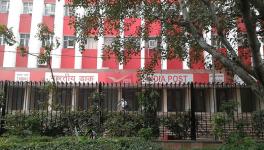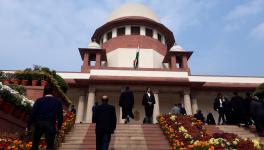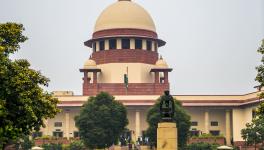Revisiting the Battles Around Section 377 of the Indian Penal Code
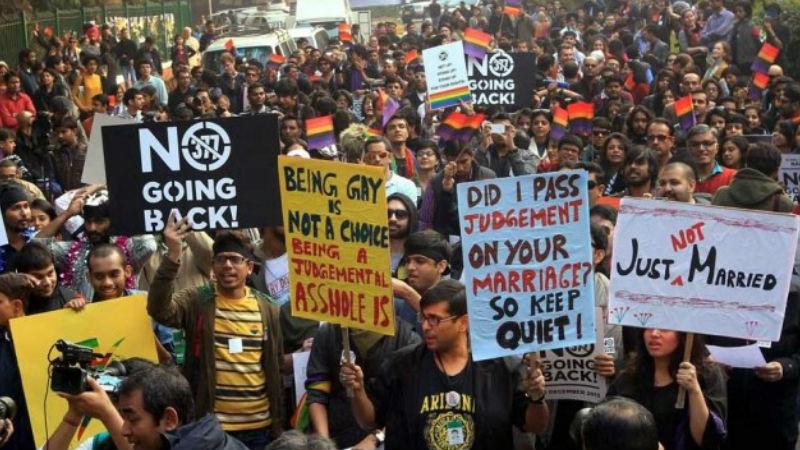
The Supreme Court will hear the curative petition filed by Keshav Suri, Executive Director of Lalit Hotels, against the decision in Suresh Kumar Koushal v. Naz Foundationwhich upheld the constitutional validity of section 377 of the Indian Penal Code (IPC). The Constitutional Bench hearing the petition will be headed by the Chief Justice of India (CJI) Dipak Misra and will also consist of Justices AM Khanwilkar, DY Chandrachud, RF Nariman and Indu Malhotra. The CJI had earlier commented that section 377 IPC destroys individual choice and sexual orientation and therefore cannot be considered a reasonable restriction on the exercise of one's fundamental rights.
Also Read: Supreme Court Issues Notice to the Government On Section 377
The struggle of the Lesbian, Gay, Bisexual and Transgender (LGBT) communities for equality has been an ongoing battle. In 2009, when the High Court of Delhi had decriminalised the operation of section 377 IPC, it appeared to be a victory for the LGBT communities. However, four years later, the Supreme Court undid the Delhi High Court's decision. The 2009 case titled Naz Foundation v. Government of NCT of Delhi and Ors.was argued on the basis of section 377 IPC being a hindrance when dealing with HIV/ AIDS. The petitioners argued that by the virtue of section 377's existence, members of the LGBT community were unwilling to come forward and seek treatment. They thus challenged the provision as violating Articles 14 (the right to equality), 15 (prohibition of discrimination on the grounds of religion, race, caste, sex or place of birth), 19 (right to freedom) and 21 (protection of life and personal liberty) of the Constitution. The High Court, on this basis, agreed with the petitioners' arguments and decided accordingly.
Also Read: Ray of Hope in the Legal Battle of the Queer Movement in India
However, in 2013, the Supreme Court decided to challenge the 2009 Delhi High Court decision in Suresh Kumar Koushal v. Naz Foundation. In this case, the petitioners argued that section 377 does not specify any class of persons and only criminalises particular acts. Thus, it is not correct to say that the provision is discriminatory. However, the respondents emphasized that the effect of section 377 is in fact discriminatory. The Supreme Court, however, decided to avoid taking a call in the matter. They observed that section 377 existed prior to the Constitution and thus, if it violated the Fundamental Rights under Part III of the Constitution, Parliament would have repealed it. The Court further refused to read down or sever the provision stating that doing so would make the provision redundant in preventing other offences – presumably bestiality and necrophilia. The Court thus left it to Parliament to decide on whether the provision should be amended or repealed.
However, in 2014, the Supreme Court delivered its decision on the rights of transgenders. In National Legal Services Authority v. Union of India, the Supreme Court of India affirmed the rights of transgender people to access medical aid and socio-economic assistance. The Court further directed the government to ensure the transgender persons such access. Therefore, one can say that the legal developments have shown that the rights of transgender persons to healthcare and education as well as employment, are protected. However, their right to sexuality is still being denied.
Another significant development since Suresh Kumar Koushal is that the right to privacy has been upheld by the Supreme Court in Justice KS Puttaswamy (Retd.) and Anr. v. Union of India and Ors.This decision was delivered in 2017 in connection with the Aadhaar hearings, however, the Judgement declined to define the contours of the right to privacy. Instead, the Court deemed it proper to assert that the right to privacy flowed from the right to life and personal liberty as enshrined under Article 21 of the Constitution. Instead of laying down the limits to the right, they left it open to the interpretation of the Courts to determine its extent depending on the times and circumstances.
Also Read: Private Lives and Public Law: How the Privacy Judgement Bats for the Individual and the Collective
Therefore, the curative petition that will be heard tomorrow comes at an interesting time. Two important decisions have been delivered since the 2013 decision of the Court to not touch section 377. Thus, the legal basis for upholding the 2013 decision in Suresh Kumar Koushal has been sufficiently weakened. On one hand, the transgender community has had their existence upheld and protected by the Supreme Court. On the other hand, the right to privacy can conceivably extend to protecting one's sexuality. The next twist however comes with the counsel for the petitioners, Mukul Rohatgi. He had earlier appeared on behalf of the government of India to argue against the right to privacy in the Puttaswamydecision. The arguments in this petition are bound to be interesting regardless of whether one identifies as a part of the community or not.
Get the latest reports & analysis with people's perspective on Protests, movements & deep analytical videos, discussions of the current affairs in your Telegram app. Subscribe to NewsClick's Telegram channel & get Real-Time updates on stories, as they get published on our website.









